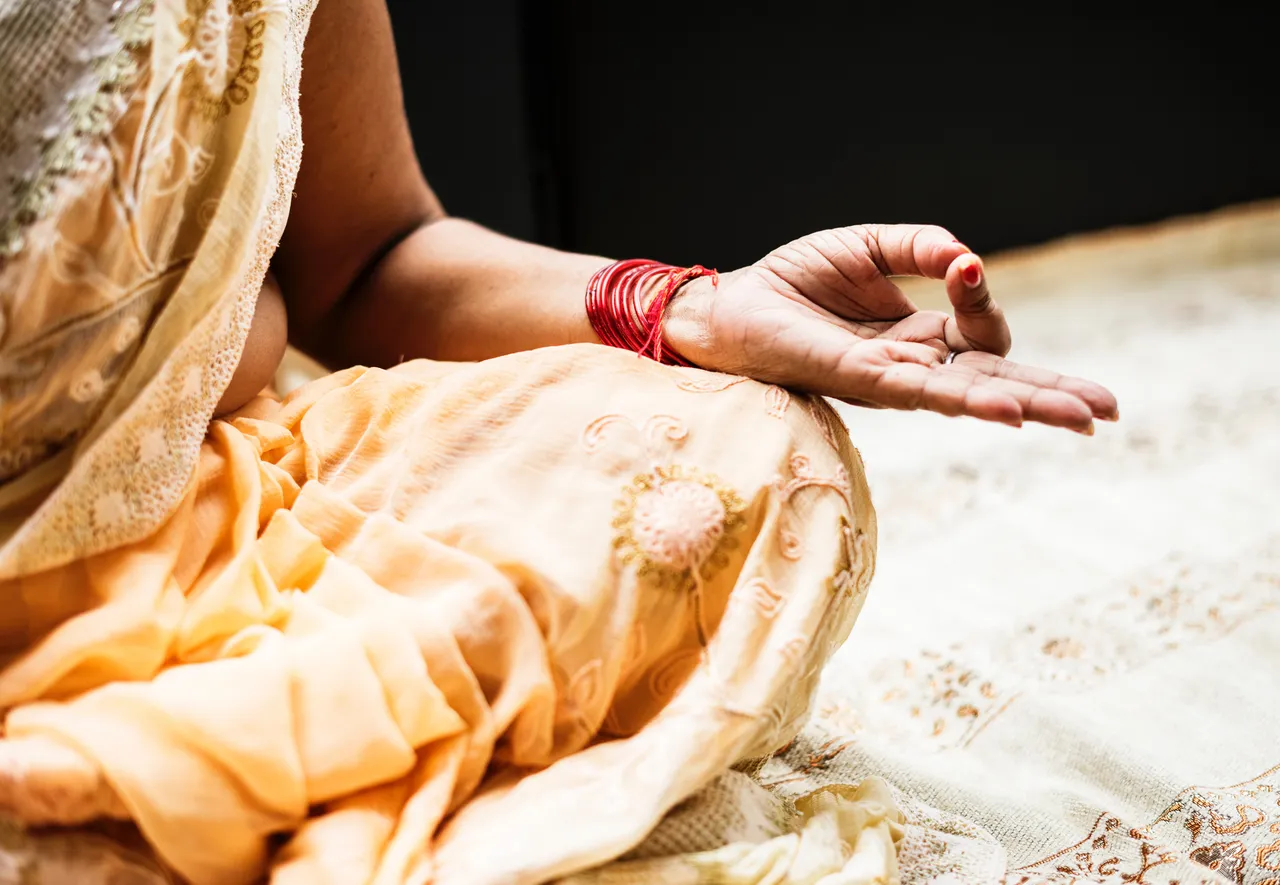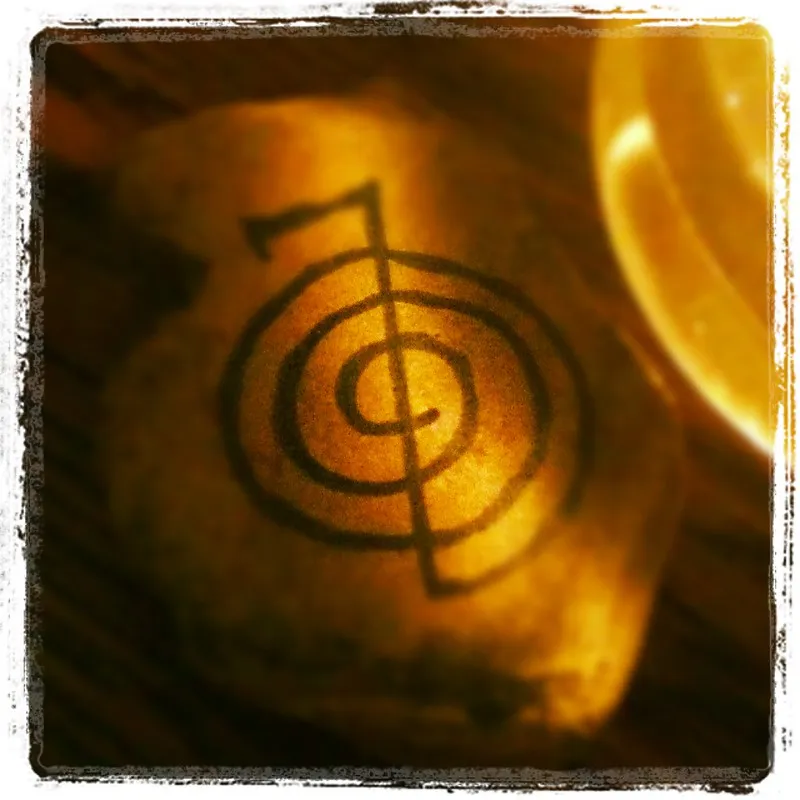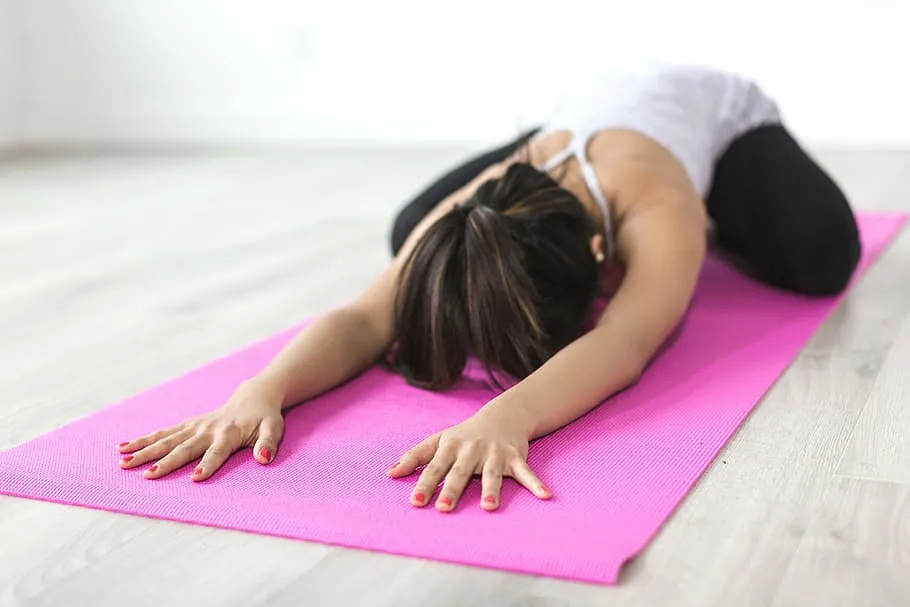Eastern culture spiritual health practices for mental health
In 2017 around 11-18% of the global population suffered from at least mental health disorders or substance abuse[1]. I find that number very concerning. That is why I find it very important to find alternatives to prevent the overuse of medications. From my experience, these days, more doctors prescribe your medicine instead of offering options when you show signs of anxiety or depression. For me, that means that yet again, they find another way to just put a bandaid over a deep wound that needs disinfecting and stitches. Please understand that I believe that medication has its benefits, but for me, it shouldn't be the primary treatment. We should holistically treat mental health through nutrition and a healthy lifestyle, which includes some spiritual practice.
On that note, in the next few paragraphs, the attention will be centered on Hinduism and a Japanese healing tradition. More specifically, it will focus on the practice of mantra prayers, the Japanese art of Reiki healing energy as Eastern mental health practice, and yoga.
Mantra prayer

Source
As a starting point, Hinduism religion uses spiritual teaching from the book of Vedas, which indicates that the soul's purpose is to reach the spiritual world and detach from the material world. The Vedas teaches that a soul's purpose is to surrender to God; only then will their soul reach the spiritual world.[2]
In Hinduism, a mental health disorder is an opportunity for a person to grow spiritually and become a step closer to God. In that sense, a mantra prayer is a form of spiritual practice from Hinduism religion, permitting the person to meditate and have better control over their situation.[3]
How to practice a mantra prayer
The mantra prayer consists of a person focusing solely on a specific word and repeating it out loud or quietly, thus blocking or releasing all negative thoughts from a person's conscience that can cause psychological discomfort.
The focus on a sound can also be done in a mantra prayer as it permits a person to let go of any elements from the material world. Mantra prayers also focus on a person's ability to control their mind and have a better knowledge and awareness of their senses and emotions.[4]
Reiki

Source
The Japanese culture is known for practicing a variety of holistic approaches to help a person cope with their mental health. In Japanese, Reiki is defined by « "Rey" means universal and "Ki" as life energy»[5]. According to research, it promotes well-being through relaxation and a rebalance of a person's universal flow of energy, using hand gestures and symbols.[6]
When someone follows a reiki treatment, the objective is to flow universal life to remove blockages or an imbalance in a chakra. According to the Japanese art of Reiki, an imbalance in the chakras can affect a person's well-being differently depending on which chakra is affected.[7]
For example, a blocked throat chakra can lead to shyness, introversion, and untruthfulness since the throat chakra is linked to communication.[8]
Ways to include Reiki in your life:
1- Becoming a Reiki Master
2- Finding a Reiki practitioner near you to try out a session
Here is a link to the International Association of Reiki for more information regarding Reiki
Yin Yoga
The practice of yoga is becoming more popular due to the benefits it has on a person's physical health and mental health. The method of yin yoga reduces anxiety, stress, and depression, which can also help prevent cardiovascular disease.[9] What is yin yoga? It's a form of yoga that promotes slow movements of stretching and holding for a more extended period, while you also need to practice deep breathing and mindfulness. [10] It helps you remain focused on the present and release the tension you may be holding in part of your body that you weren't aware of before the session.
These days you can easily find free yin yoga poses on YouTube or by searching on Google.
My top three yin yoga poses are the following:
1- Child's pose (Balasana): It helps me feel grounded and helps release tension from my days and gives me a sense of surrendering to a higher power.
2- Supported Fish Pose: This pose helps open up my heart and gives me a sense of warmth and self-love. It allows me to give myself a break and to let me feel my emotions.
3- Corpse Pose (Savasana): I do this pose every morning and as my last pose after a yoga session. This pose is the one I benefit from the most because it allows me to take the time to soak in how I feel in my mind/body/soul. It helps me set a tone for my day in a positive manner or to end a session by acknowledging and thanking myself for taking the time out of my day for some self-care.
There are many benefits of opting to include spiritual health practices, especially mantra prayers, Reiki, and yoga in my life, especially regarding my mental health. I want to add more mantra prayer's into my spiritual health practices. However, I can say that I do include Reiki in my life, as I am a Reiki Master, and I also benefit from my love for yoga.
What are your thoughts on the positive effect of spiritual practices on a person's mental health?
Do you have your spiritual practice preferences? If so, which ones and if not, which ones do you see yourself, including in your daily life?
Thank you for taking the time to read this article. Please feel free to follow me if you are interested in learning more about holistic approaches to becoming a better you.
Intuitive Health Nut


